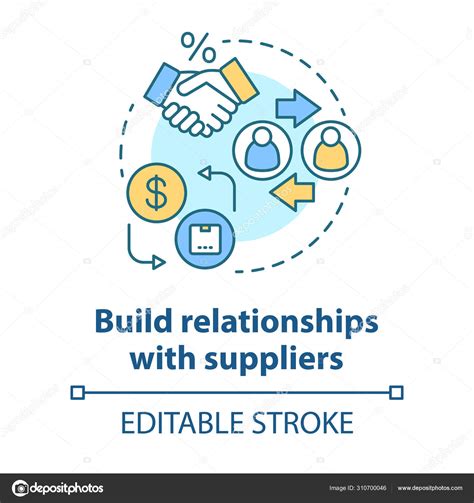Ice Business: Building Strong Relationships with Suppliers
The ice business, while seemingly simple, relies heavily on a robust and reliable supply chain. Profitability and customer satisfaction hinge on securing consistent, high-quality ice at competitive prices. This means building and nurturing strong, mutually beneficial relationships with your ice suppliers is paramount. This article will explore the crucial aspects of establishing and maintaining these vital partnerships.
Why are Supplier Relationships so Important in the Ice Business?
A consistent supply of ice is the lifeblood of your business. Disruptions, whether due to equipment malfunctions, unexpected demand surges, or supplier issues, can quickly impact your bottom line and damage your reputation. Strong supplier relationships act as a buffer against these potential disruptions. A reliable supplier is more likely to prioritize your needs during shortages, offer flexible delivery schedules, and provide advance notice of any potential problems. Beyond reliability, a good relationship can also lead to:
- Negotiating better pricing: Long-term partnerships often unlock better wholesale rates and potential discounts.
- Access to innovative products: Suppliers may offer new ice products or services to help you expand your business.
- Improved logistics and delivery: A strong relationship can streamline delivery processes, reducing costs and improving efficiency.
- Shared problem-solving: Open communication fosters quick resolutions to any arising issues.
How to Build Strong Relationships with Ice Suppliers
Building a strong relationship requires more than just placing orders. It's about establishing trust, mutual respect, and clear communication. Here's a step-by-step guide:
1. Research and Select the Right Suppliers
Thoroughly research potential suppliers. Consider factors such as:
- Reliability and reputation: Look for suppliers with a proven track record of consistent delivery and quality.
- Proximity: Choose suppliers geographically close to minimize transportation costs and delivery times.
- Capacity: Ensure the supplier can meet your current and projected needs.
- Pricing and payment terms: Compare pricing and payment options from multiple suppliers.
2. Establish Open and Honest Communication
Clear communication is crucial. Regularly communicate with your supplier regarding:
- Order quantities and delivery schedules: Provide accurate forecasts to help them plan effectively.
- Quality concerns: Report any issues promptly and constructively.
- Market trends and future needs: Share your business plans to help them anticipate your requirements.
3. Be a Valued Customer
Treat your suppliers with respect and professionalism. This includes:
- Paying invoices on time: Prompt payment builds trust and strengthens the relationship.
- Providing timely feedback: Share your experiences, both positive and negative, to help them improve their service.
- Being understanding and flexible: Unexpected events happen. Show empathy and work collaboratively to find solutions.
4. Negotiate Fair Contracts
Negotiate contracts that are mutually beneficial. Clearly define expectations regarding:
- Pricing and payment terms: Ensure you understand all costs and payment schedules.
- Delivery schedules and procedures: Outline delivery times, methods, and responsibilities.
- Quality standards and dispute resolution: Specify acceptable quality levels and procedures for handling disputes.
5. Foster Long-Term Partnerships
Building a lasting relationship takes time and effort. Regularly review your contracts, communicate proactively, and always strive to create a win-win scenario.
What are the benefits of having multiple ice suppliers?
Diversifying your supplier base mitigates risk. If one supplier experiences difficulties, you have alternatives to ensure business continuity. This also enhances your negotiating power, allowing you to leverage competition for better pricing and service.
How do I handle supplier disputes?
Disputes are inevitable. Address issues promptly and professionally. Open communication, a clearly defined contract, and a willingness to compromise are key to resolving conflicts amicably.
How often should I review my supplier contracts?
Review your contracts annually or as needed. This ensures the terms remain aligned with your current business needs and market conditions. Contracts should be updated to reflect changes in demand or any new business developments.
By proactively building and maintaining strong relationships with your ice suppliers, you can ensure a consistent supply of high-quality ice, optimize costs, and ultimately contribute to a successful and thriving ice business. Remember that these relationships are an investment that will yield significant returns in the long run.

